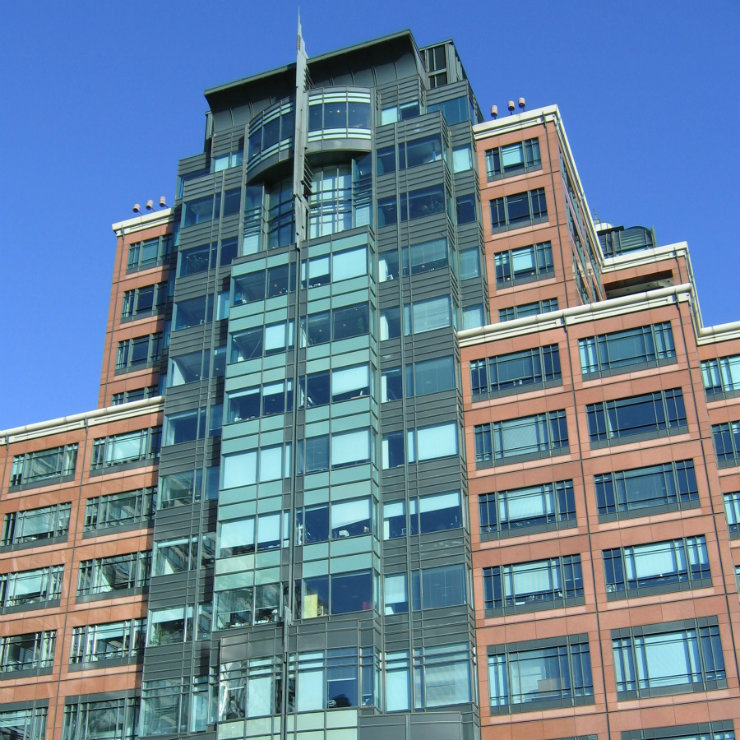
The European Bank for Reconstruction and Development (EBRD) is launching an EUR100m Green Economy Financing Facility (GEFF) for the country to support Romanian households to save energy and money.

Hungarian cities are outperforming the EU average in terms of property registration and commercial dispute resolution, but lag behind in other areas, such as starting up a business and receiving construction permits.
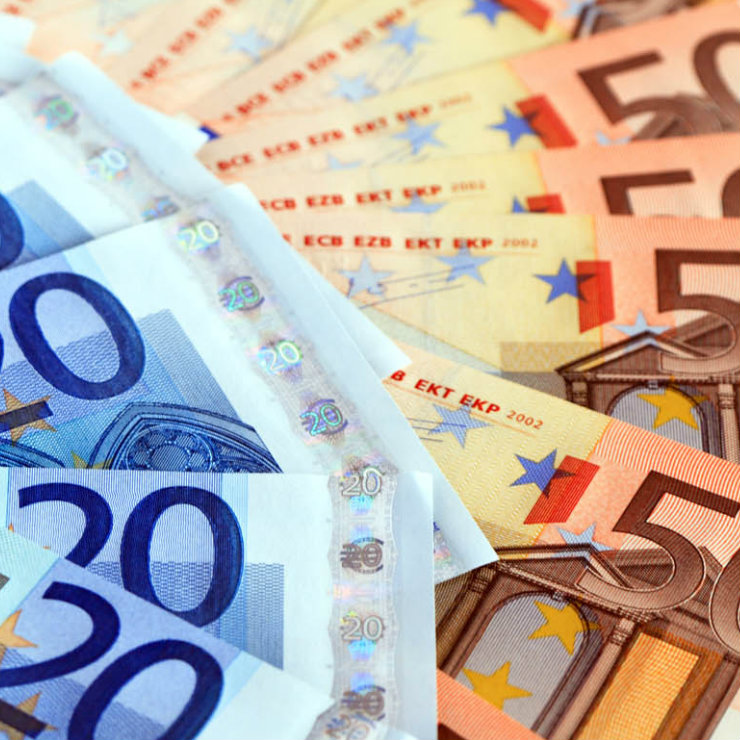
The governor of the Czech Republic’s central bank Jiri Rusnok said that the country is ready to adopt the common European currency, but “it would be better to wait until local wages and prices approached those of core...
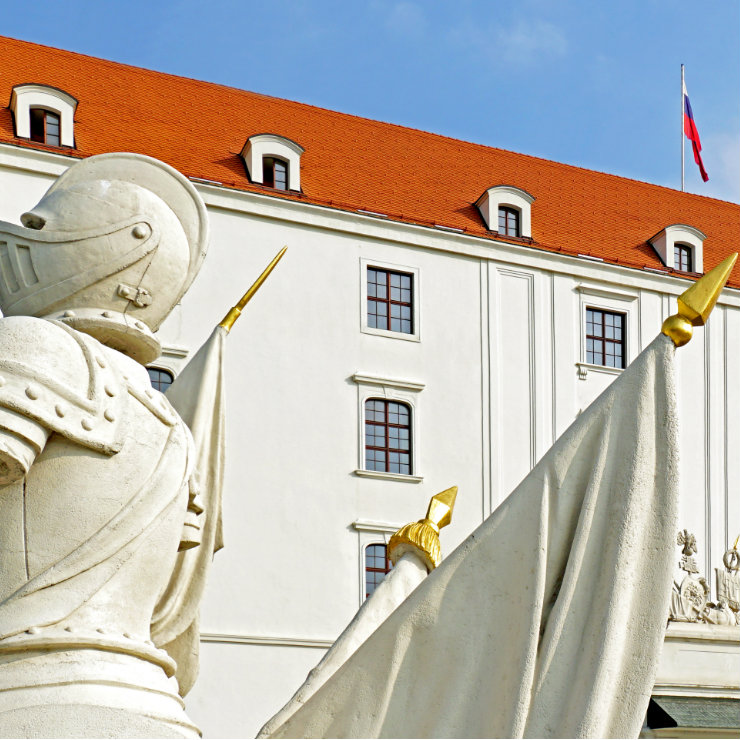
The country finished in 38th place, Slovak Business Alliance (PAS) executive director Peter Kremský told the TASR newswire on June 28th. Despite a slight annual increase in Slovakia’s latest tally – by 0.12 points...

The Retail Revolutions report by international real estate adviser Savills published in June shows how retail stores are being turned into showrooms, where products are not stored but put out for customers to see.
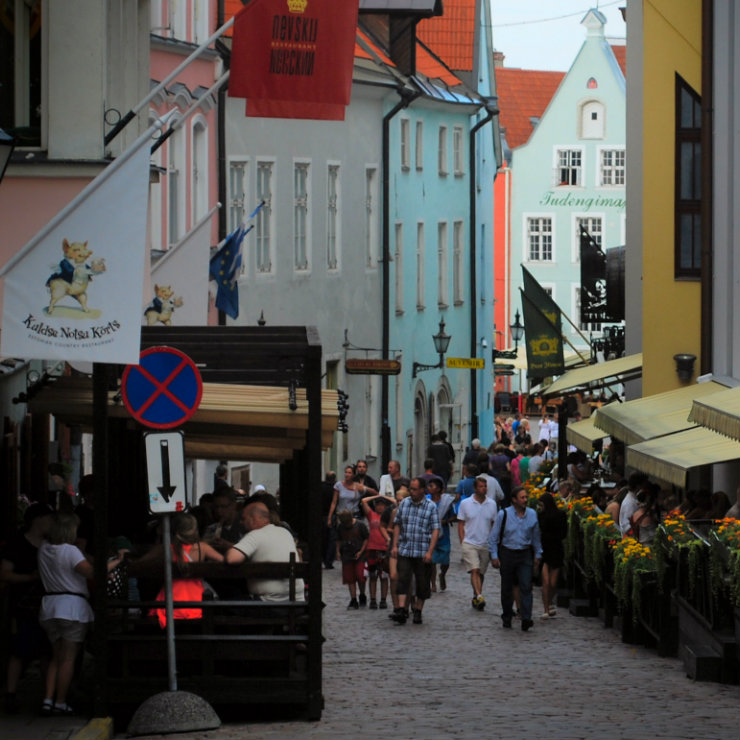
A total of 24 per cent of Estonian residents do not have any savings, compared to 32 per cent in Latvia and 20 per cent in Lithuania, a survey by Nordea showed.
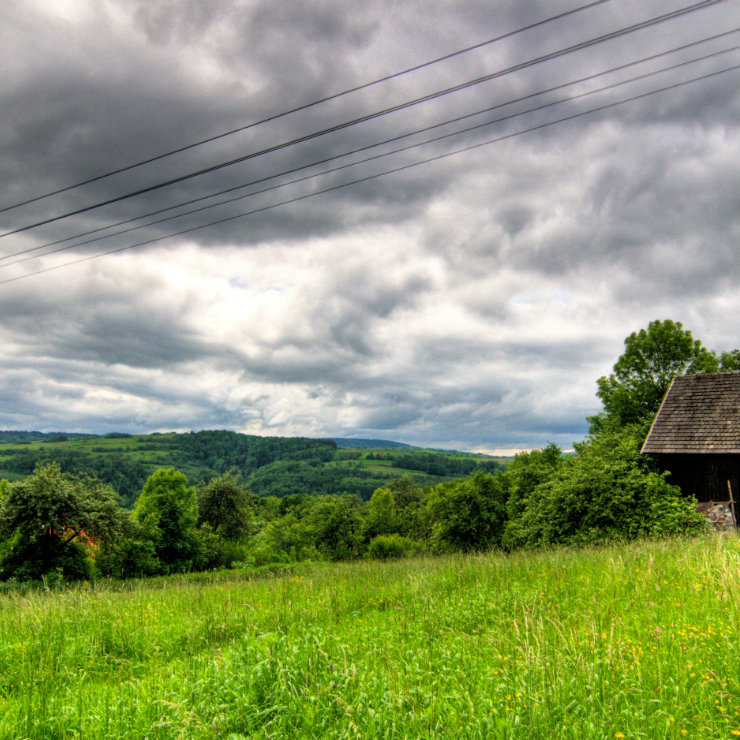
The European Commission plans to increase its support for low-growth and low-income EU regions in Poland via the EU Cohesion Policy funds.
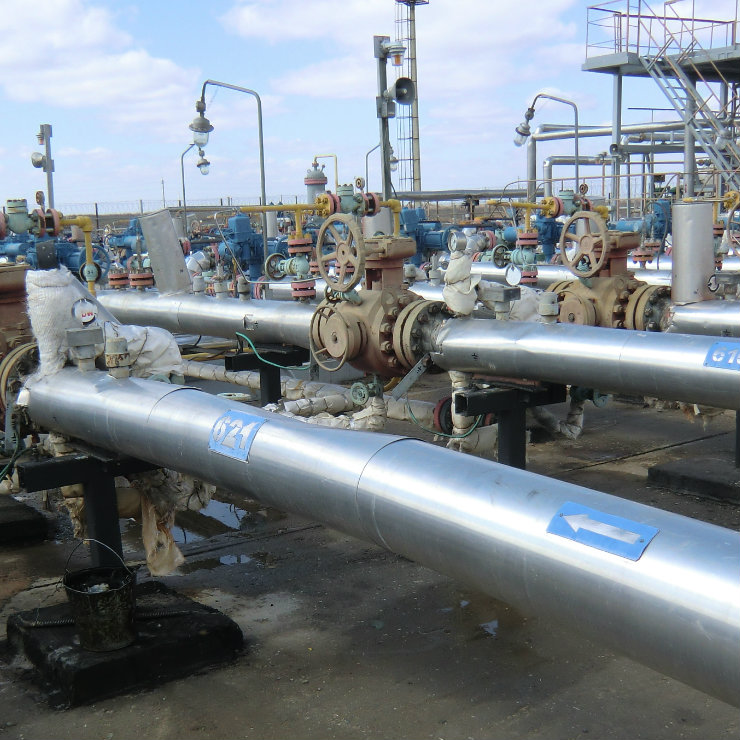
Poland’s state-owned oil and gas company PGNiG proposed that the European Commission will push Russian Gazprom to sell its stakes in gas storage facilities and pipelines in the CSE.
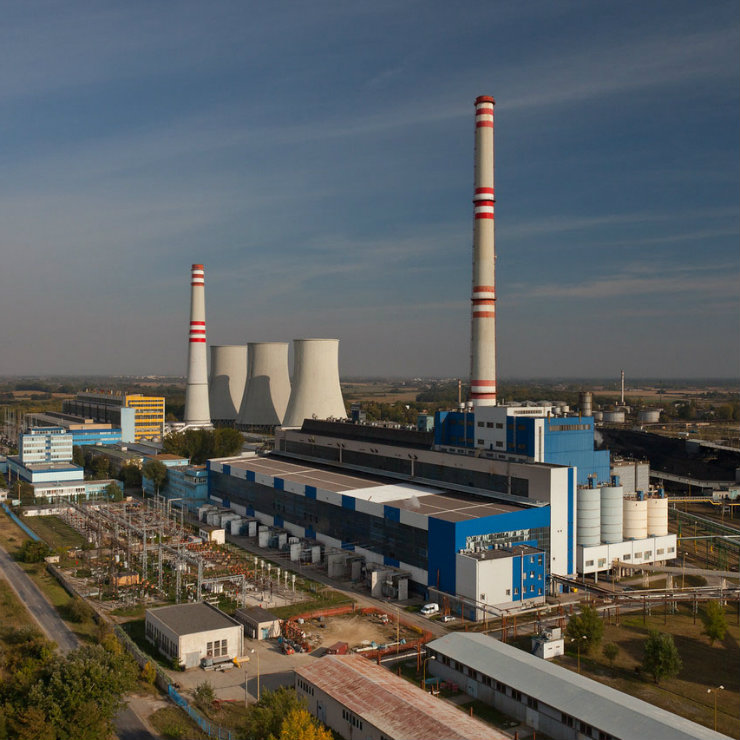
The Bratislava government wants greater control of strategic companies, Economy Minister Peter Žiga said.
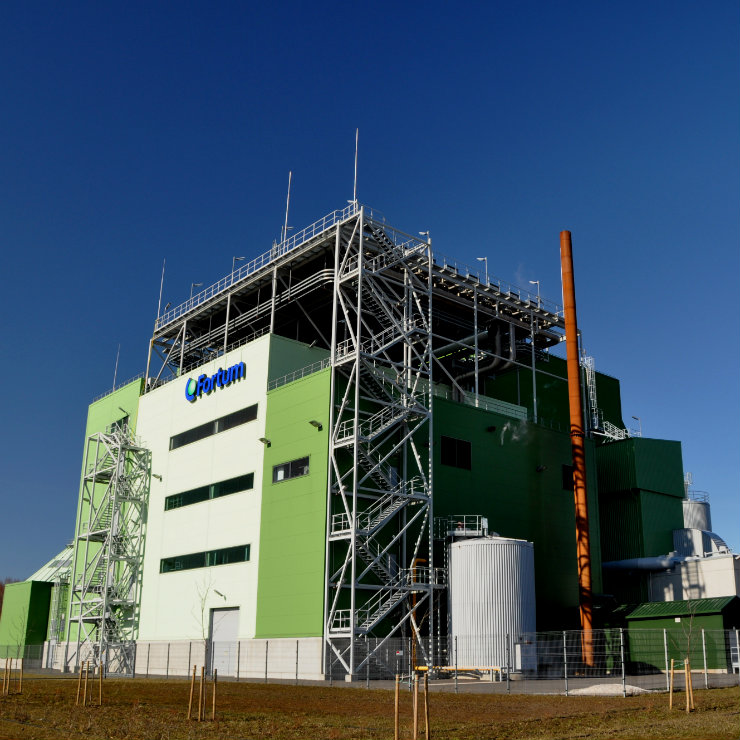
The Finnish utility company, Fortum plans to build a photovoltaic plant in Estonia near Tartu, the Baltic state's second largest city.